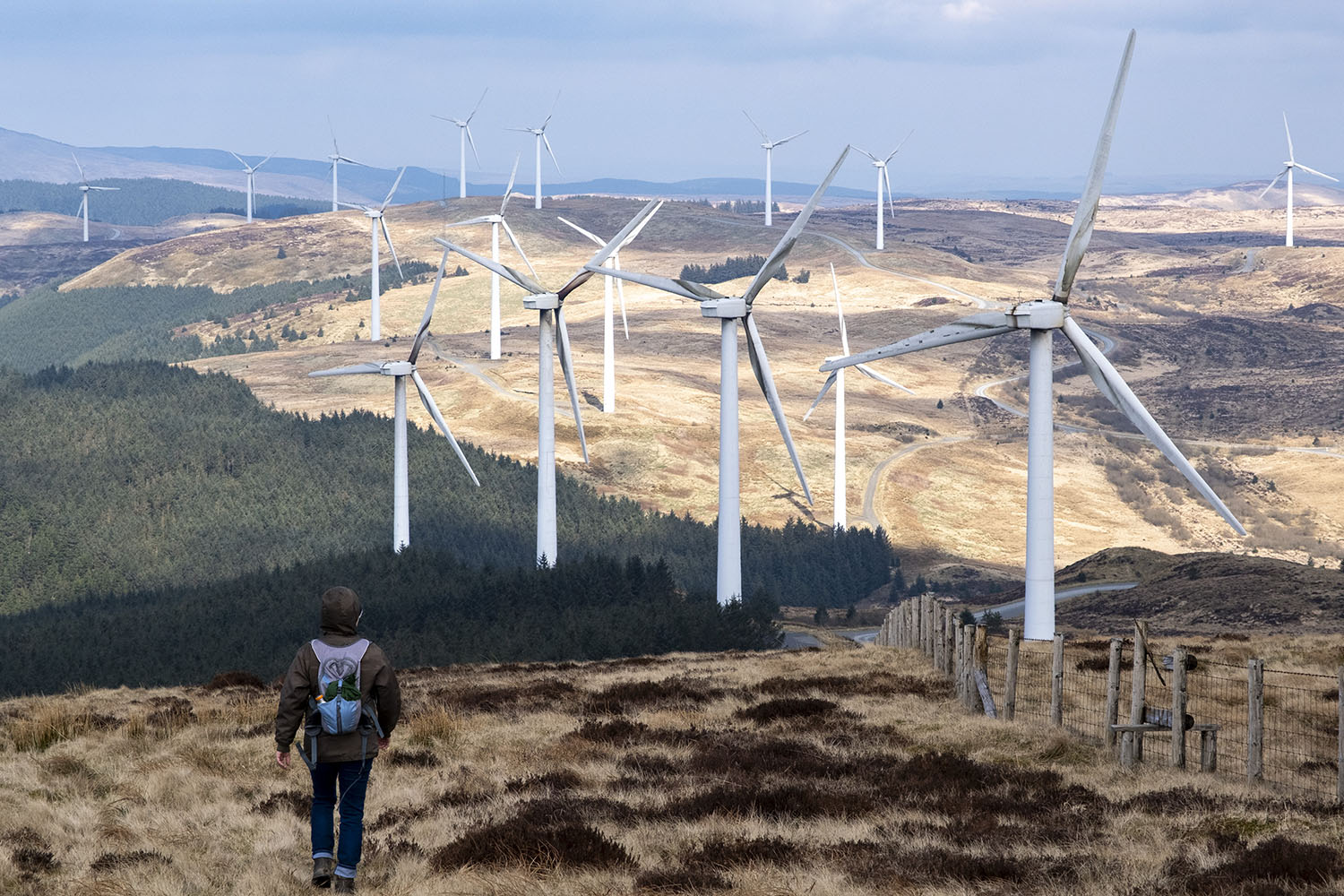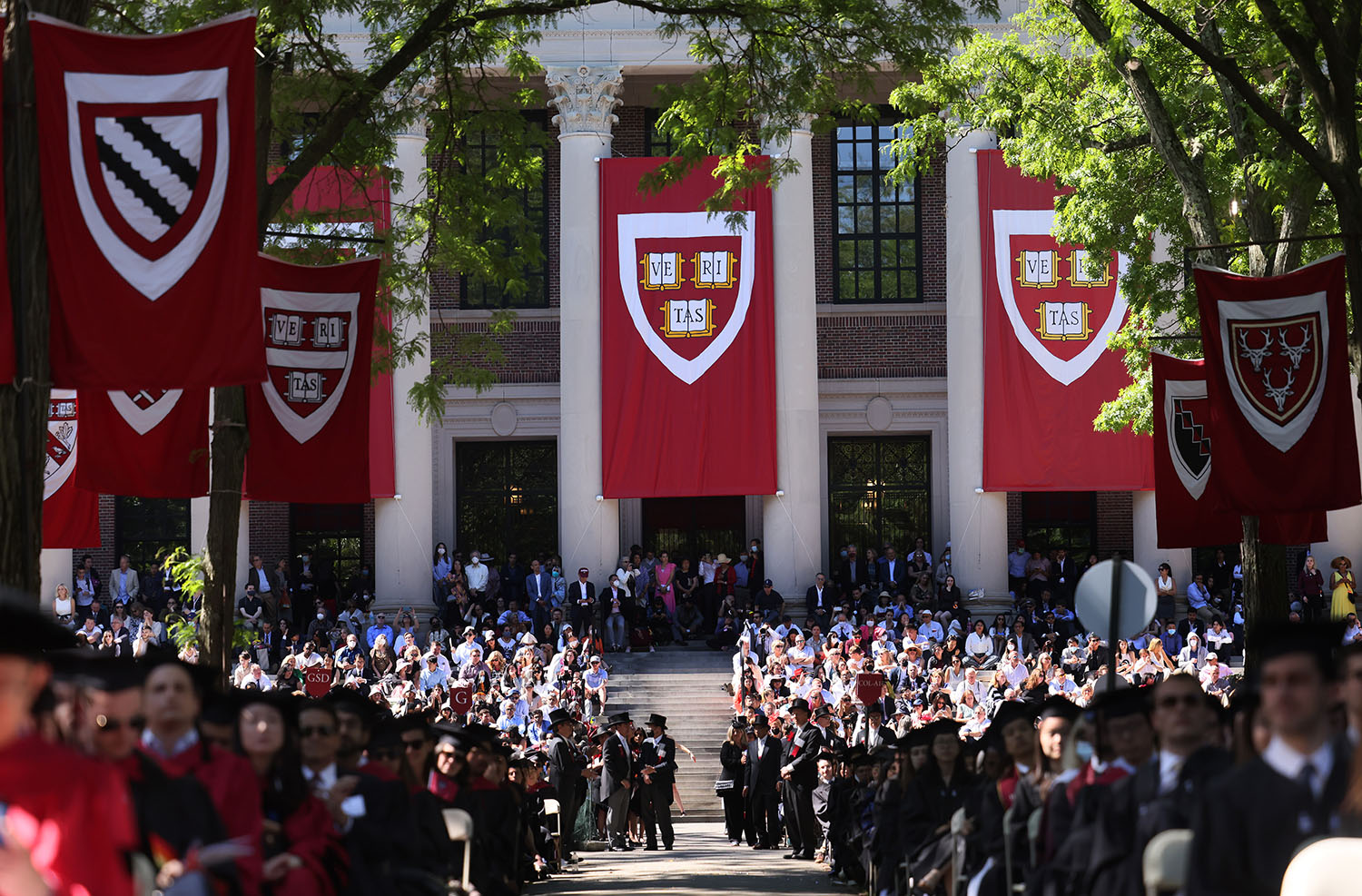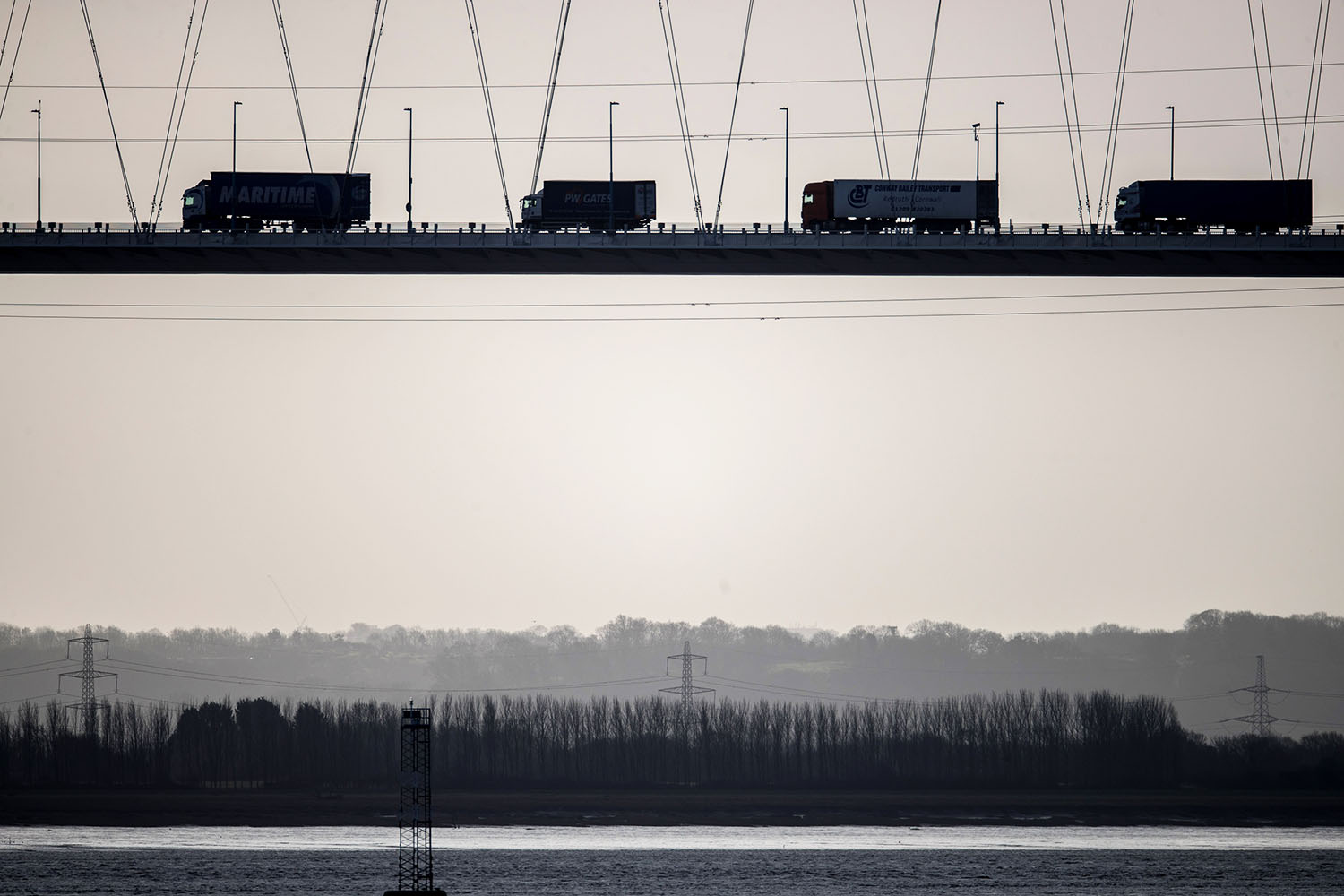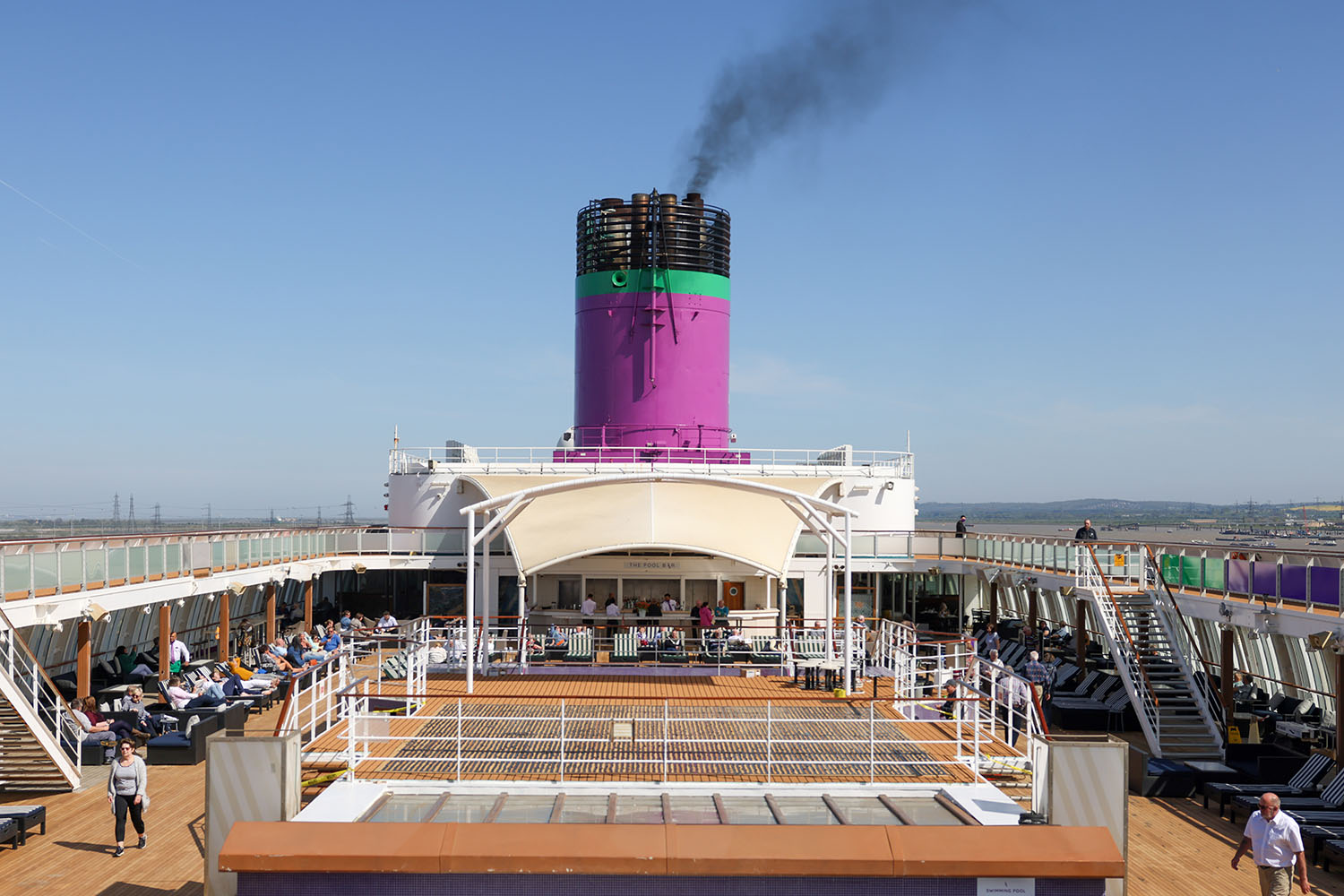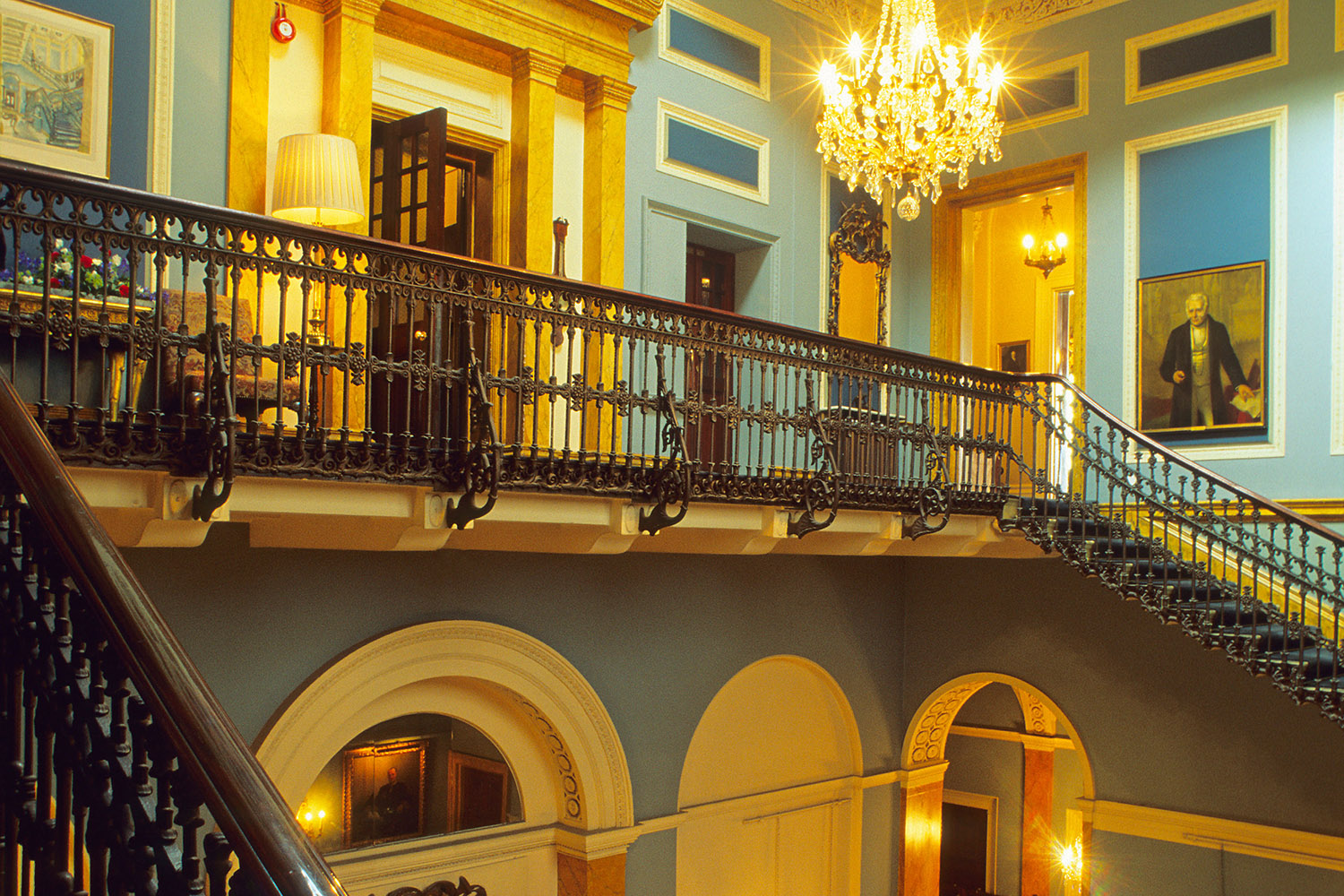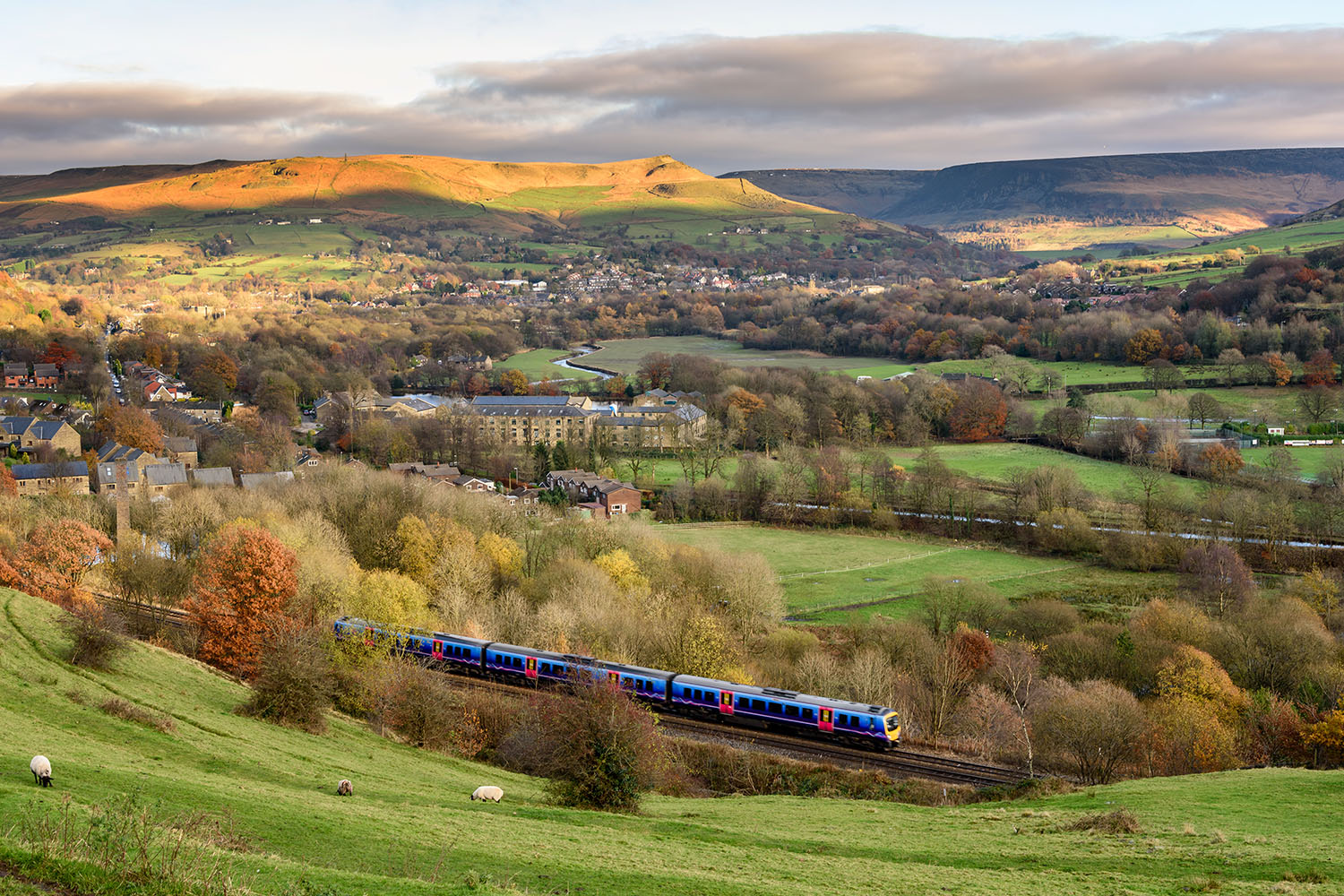
This is due to barriers limiting the good nationalisation can do
Earlier this month, Rail Partners – an advocacy body made up of the UK’s private train operators – wound itself up. In its farewell message, the body admitted that “train companies lost the argument over nationalisation” and wished the sector the best.
So what? There’s no going back. When South Western Railway’s contract to run its rail franchise expires in May, the line will fall into public ownership. As more contracts expire, more lines will be nationalised, becoming Great British Railways (GBR) – an arm’s length organisation that will oversee most aspects of rail.
‘A railway fit for Britain’s future.’ In February, the government’s plan to nationalise the railways was put up for consultation. The journey ahead is long. Currently, aging infrastructure, bureaucratic structures and sky-high ticket prices leave the British public with a rotten deal.
Private problems. The consultation confidently strides through the failings of privatisation, boasting that GBR will triumph over 1990s missteps and deliver that magic word: growth.
However it fails to confront entrenched historical problems, refusing to admit that without significant financial investment in new infrastructure, there’s a cap on the amount of good GBR can do. Three topics the public will focus on:
Ticketing
- Now – UK fares are high and rising. Ticket offices are under threat, and information is difficult to access. Confusingly, third-party retailers offer different tickets to customers (including split-save deals).
- Future – GBR promises to create a “simplified, unified structure” as operators and payment systems are brought together. The government intends to simplify fares, which will be set by GBR and guided by the secretary of state.
- Leaves on the line – by competing with “thriving” third-party websites like Trainline as planned, passengers will still shop around to get the best price. The secretary of state will have access to “significant levers” to influence fare prices. The door is open to politicising the cost of fares, with no guarantee they will decrease.
Reliability
- Now – one in every seven UK trains is delayed. Old infrastructure, network bottlenecks and staff shortages mean cancellations are unpredictable and cause domino effects. Strike action and engineering works regularly bring lines to standstills. It’s rough.
- Future – GBR will (mostly) take control of track, train and station to achieve efficiency. In reclaiming profits, money can be reinvested to improve the customer experience.
- Leaves on the line – that’s not enough. Parts of the network are at capacity, which means that the smallest hiccup results in failure. Plenty of countries build high-speed lines alongside existing ones as failsafes. HS2’s tragic process turned new rail into a political hot potato, not a PR-positive solution.
Choice
- Now – quantity and quality of services vary widely. Barring open-access operators (OAOs) like Lumo, which pays to run limited services on state railways, operators often have monopolies over their regions.
- Future – GBR will bring most rail brands under the same umbrella, but OAOs will continue. Areas including London and Liverpool will keep devolved transport networks, and additional devolution will be possible in English regions with elected mayors.
- Leaves on the line – OAOs will continue to bid, albeit through a more direct process. Some claim this will hinder competition. Historic policies such as the 1960s Beeching cuts slashed available rail space; customers may see little change.
And then there’s the other stuff:
- Train drivers – dwindling numbers mean there’s a reliance on overtime working. Britain runs a de facto six-day service, while Sunday journeys are fraught with risk. Only an optimist would rely on them.
- Politics – the transport secretary is often reshuffled. Heidi Alexander is the fifth in five years.
- Money – of which the government has little and of which infrastructure modernisation requires a lot.
On Friday the government announced an injection of £415 million into the rail network, but that will only cover the additional improvements needed to bring the Transpennine Route between Manchester, Huddersfield, Leeds and York up to modern standard. This is in addition to money already being spent to upgrade the route, a project that could end up costing £10 billion. It speaks volumes about how much money will be needed to achieve true transformative change.
GBR will only be successful if given access to enough time and talent, alongside drastic investment into infrastructure and workforce. That is a lot easier said than done.
What’s more… Germany’s railways are state-owned, but in a state – primarily due to the effects of senescent infrastructure. The railways were a battleground in the recent election. Labour must know what’s at stake.
Photo credit: Getty Images





